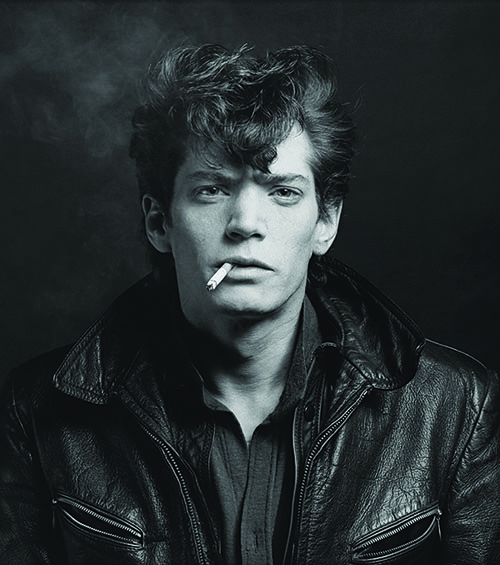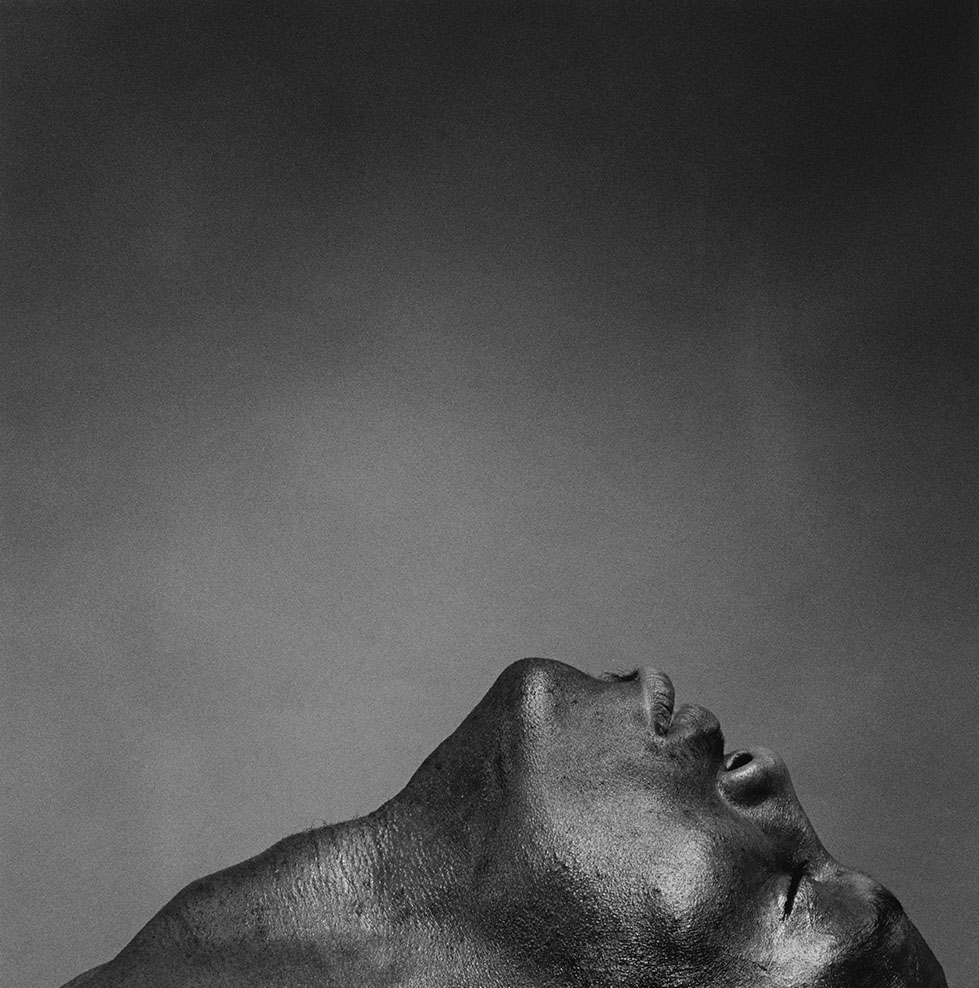Robert Mapplethorpe
Ablack square
singular abstract
banner of mourning
wrapping a stippled torso
vanquishing an arched heart
conceding a probable path, bow legged
satisfying the father, the adoring mother
yet containing another, an unholy spring
where slithered a capricious energy
translucent with eyes chipped
from a flaming meteor
unwinding, poised to strike
shedding innocence, the militant membrane
scales of the cross, hardened cells of dominion
and he lay upon a rock, bow balanced at his thigh
drawing the bright venom as the adder awoke
coiling an arrow shot into the tangled night
absorbing all else, yielding a splendor
the keeled shaft, burnished wrist
he was an American artist
and no flag covered him
frayed, his green eyes closed
even as waves of black
the queen of color
rippled the breaking sky
A poem by Patti Smith

An essay by Andrew Sullivan
There is a shroud over all his work, of course – the epidemic that brought Mapplethorpe’s life and so, so many others’ to a premature close – but through that veil, the moment of liberation still pierces.
But it is the minimalism of the flowers that, for me, render these works so timeless. Each one is stripped of all context, of nature, of noise, of color and presented as simply itself, staggeringly beautiful, petals gesturing like fingers, unfolding like foreskin, layered like a vagina, or simply two stems, intertwined, with no beginning or end, presented like sacraments suspended in space. For all the anti-Mapplethorpe protestations by those claiming to be Christians, here is, in fact, a deeply faithful celebration of the pied beauty of divine creation. The luscious grapes that make wine are paired with the crucified Christ, whose self-sacrifice feels almost lost against the modern gravel of the setting.

I don’t know what you’d call it, but Mapplethorpe’s dissection of the world, his noticing the landscape in a belly button and the world in a chrysanthemum, comes from a place I would call faith. Faith in the beauty of creation and in its decay. That faith endures here through the decades. And still it uplifts.
